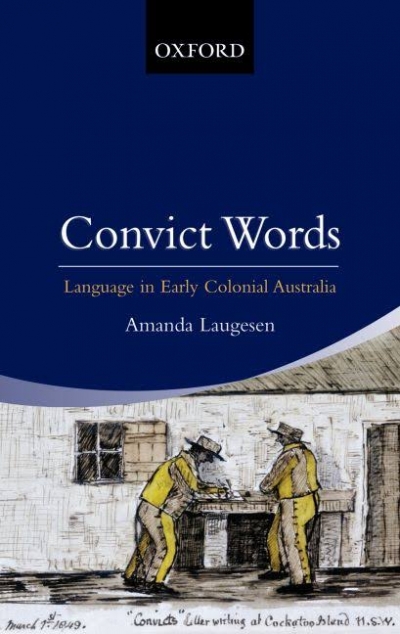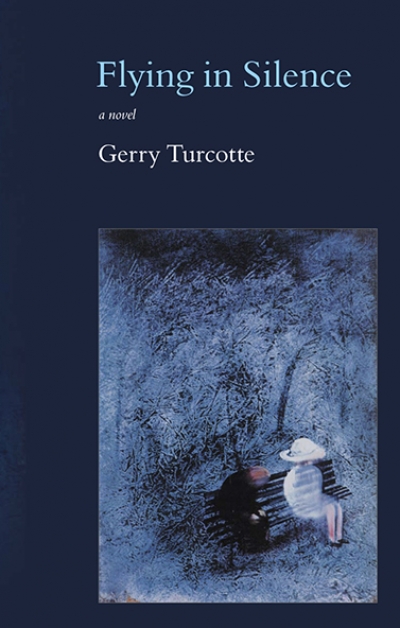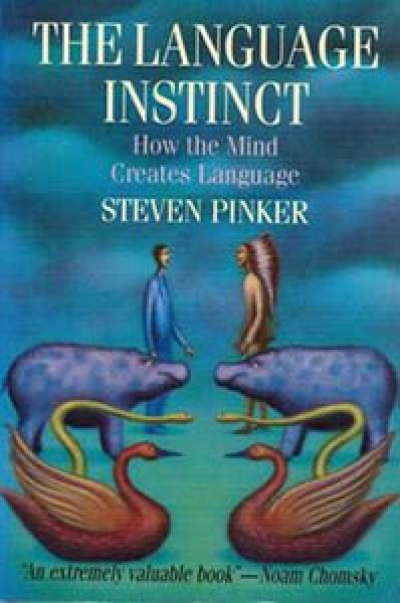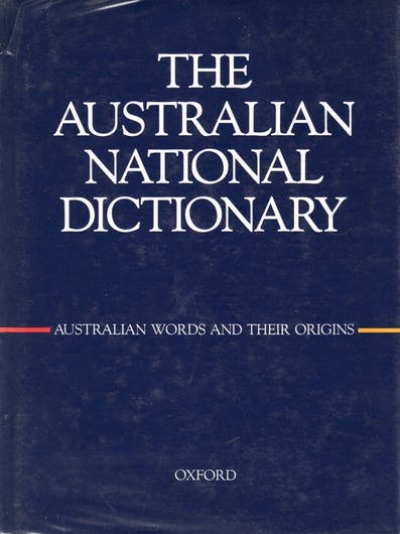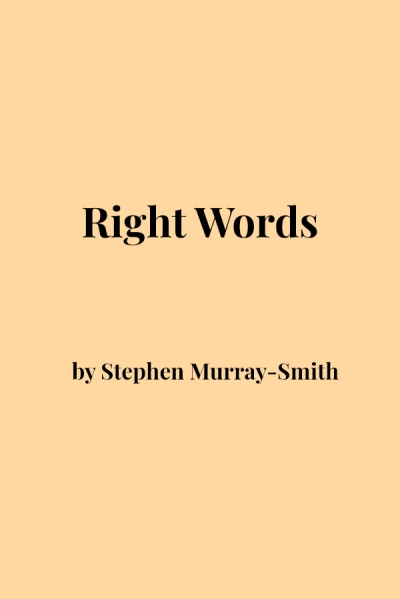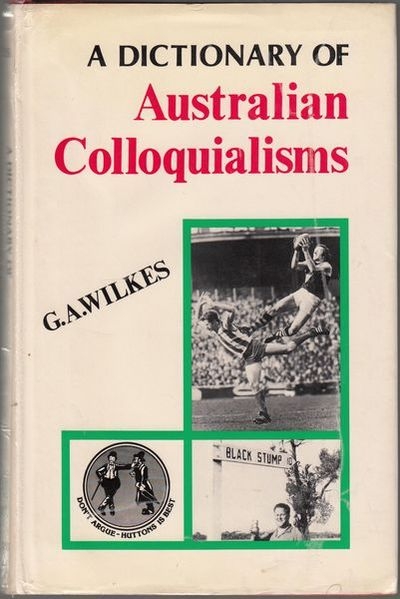Language
The year 1937 was the centenary of the death of modern Russia’s first great poet, Alexander Pushkin. Celebration was mandatory in the USSR, and it wasn’t a good year to ignore the dictates of Stalin’s bureaucrats. So the Soviet satirist Mikhail Zoschenko takes us into a grim but determined apartment block in Moscow, past a slap-dash artistic rendering of the great poet wreathed in pine branches, into a room where the tenants are gathered and a slightly flustered youngish man is preparing to speak. There is a general doziness and smell of old onions.
... (read more)Convict Words: Language in early colonial Australia by Amanda Laugesen
Purists and lawyers, sit down. You may need smelling salts or whisky, according to taste. Ready? All right. I predict that your children, or perhaps your children’s children, will read in grammar textbooks that they is the third-person singular pronoun when referring to a person, as well as being the third-person plural pronoun. It will be confined to an animal or a thing.
... (read more)It isn’t difficult to establish conversational tone in writing. And since a column about language and usage ought to be a conversation, we’ll go for that tone. Let’s start with a workout for a current, overused device. There’ve been three of them before this sentence: four now. You’ll find them if you look (Five.) Yes, we’re looking at the conversational contraction, and it’s time to stop counting.
... (read more)The Language Instinct: How the mind creates language by Steven Pinker
The Australian National Dictionary: Australian words and their origins by W.S. Ramson
Some institutions thrive on the blank signification of initials. As with NATO, ACT or indeed ACTU. Cultural items too can have the same austere vitality. OED is an English nonword of high authority (though also the Welsh for ‘age’). Like the American military, the new Australian bureaucracy is much enamoured of dehumanised acronyms and academic life bristles with technical crassness from CTEC to CRASTE.
... (read more)

